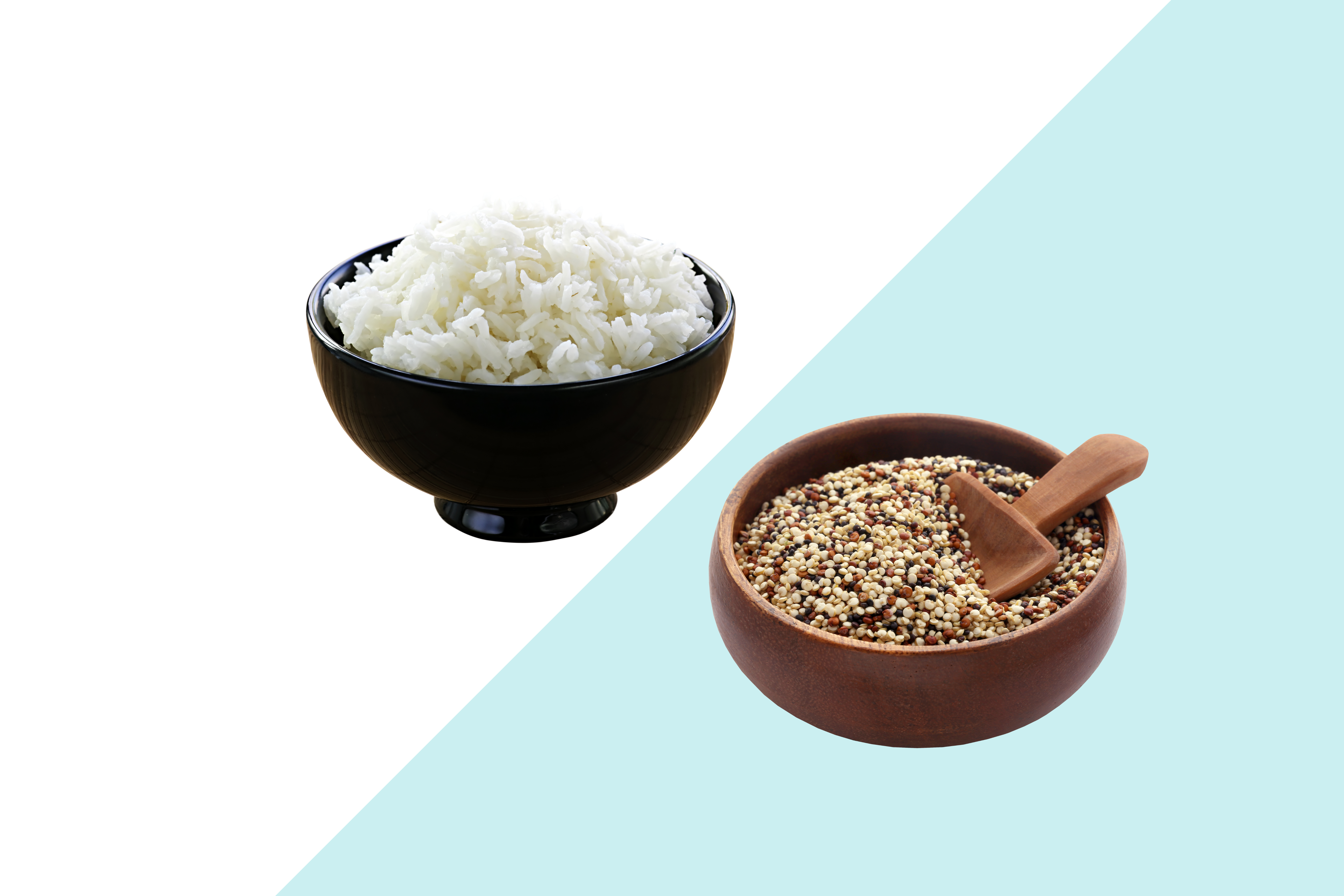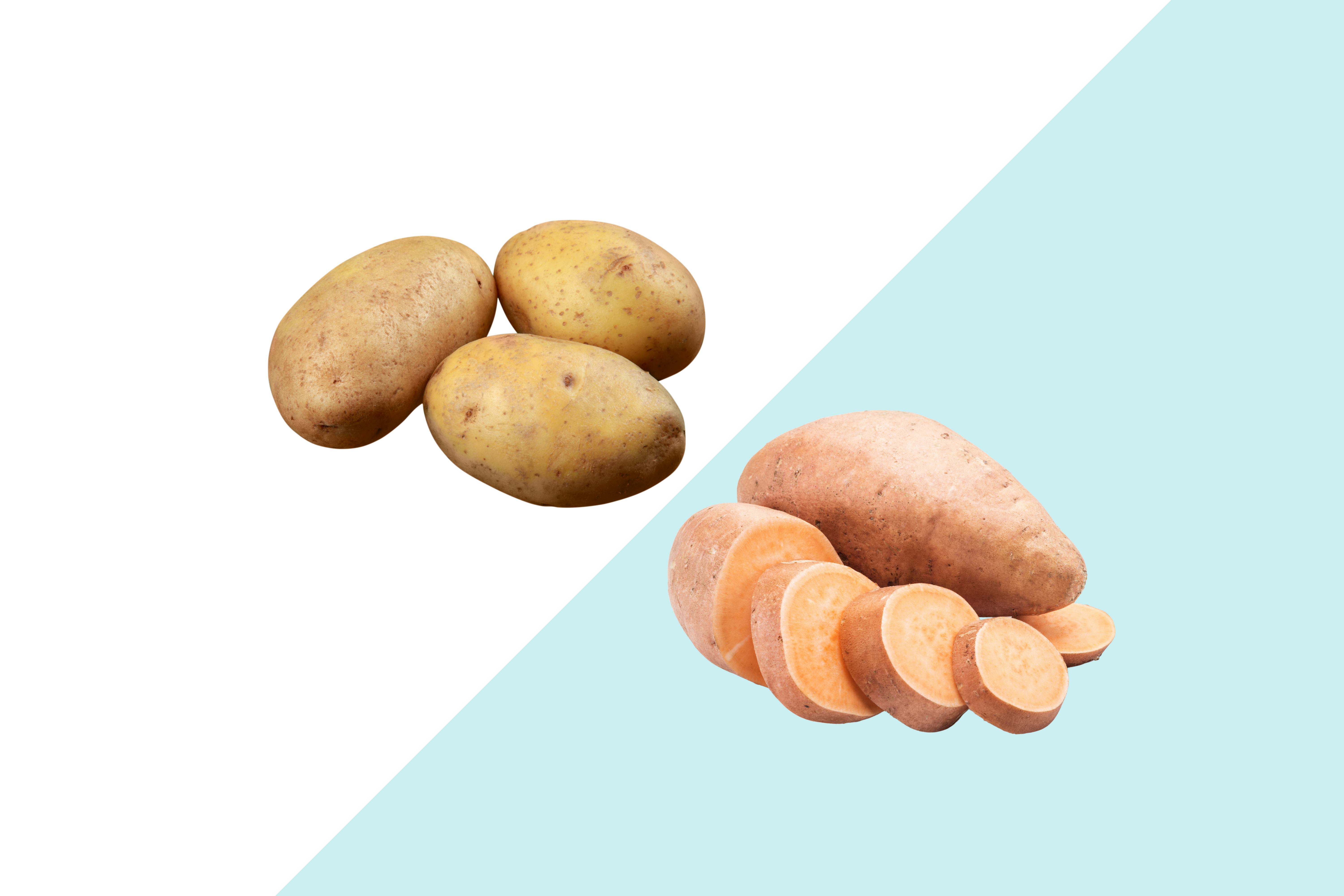Surprisingly Easy Superfood Swaps for a Healthier Diet
Healthy eating isn’t about chasing trends or spending a fortune—it’s about making smart, sustainable choices with what you already have. Superfoods don’t need to come from remote rainforests or boutique aisles. In fact, many of the most powerful swaps are sitting in your kitchen right now—waiting to turn everyday meals into nutrient-packed wins. That’s why we’ve expanded our guide to 35 Surprisingly Easy Superfood Swaps that prove healthy eating doesn’t have to be complicated or expensive. These aren’t gimmicks or hard-to-pronounce powders—they’re practical, delicious substitutions that upgrade your plate without overhauling your life. Whether you're swapping white rice for quinoa or trading bottled dressings for avocado, every change adds up to better energy, sharper focus, and stronger health. So if you’re ready to eat smarter, not harder, this list is your shortcut to real food that really works—for your body, your budget, and your schedule. Let’s dig in.
1. Swap White Rice for Quinoa

White rice is a staple in many diets worldwide, but it lacks the nutrient density of its alternatives. Enter quinoa, a versatile grain that's not only rich in protein but also packed with essential amino acids. Unlike white rice, which is primarily a source of carbohydrates, quinoa offers a balanced profile of macronutrients that can help sustain energy levels throughout the day. Additionally, quinoa is high in fiber, which aids in digestion and promotes a feeling of fullness, making it an ideal choice for those seeking weight management. As a bonus, quinoa is gluten-free, making it suitable for individuals with dietary restrictions. By swapping white rice for quinoa, you can enjoy a more nutritious meal without compromising on taste or texture.
2. Replace Regular Potatoes with Sweet Potatoes

Potatoes are a beloved comfort food, but their nutritional profile can be significantly enhanced by opting for sweet potatoes. Rich in beta-carotene, sweet potatoes offer a vibrant orange hue that signifies their high antioxidant content. These antioxidants are crucial for maintaining healthy skin and eyes, as well as supporting the immune system. Moreover, sweet potatoes have a lower glycemic index than regular potatoes, meaning they release sugar into the bloodstream more gradually, preventing spikes in blood sugar levels. This makes them an excellent choice for individuals managing diabetes or those looking to maintain steady energy levels. By incorporating sweet potatoes into your diet, you can enjoy a delicious and nutrient-rich alternative.
